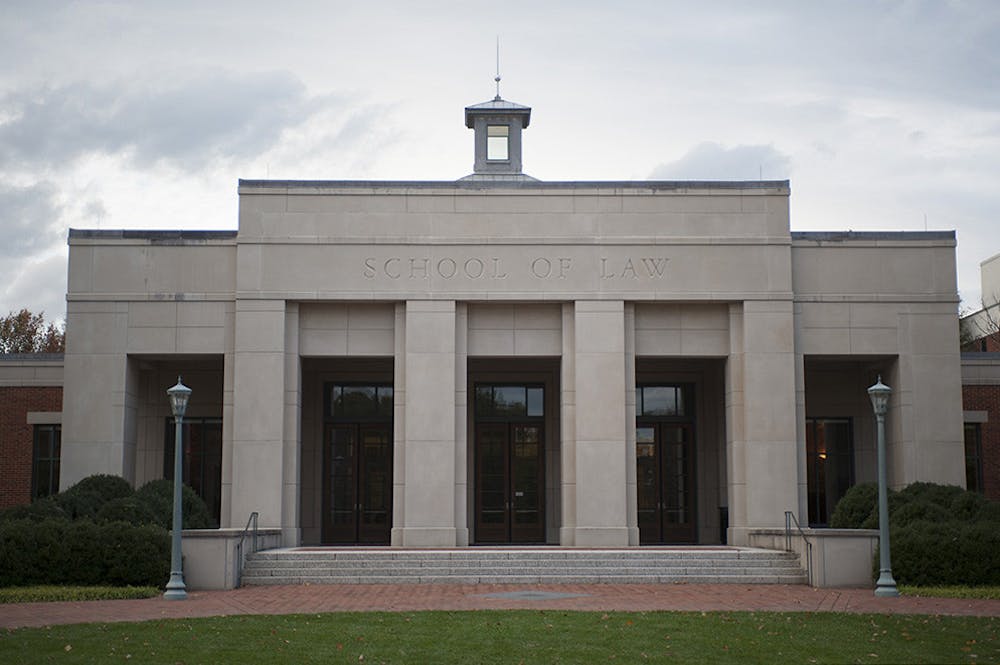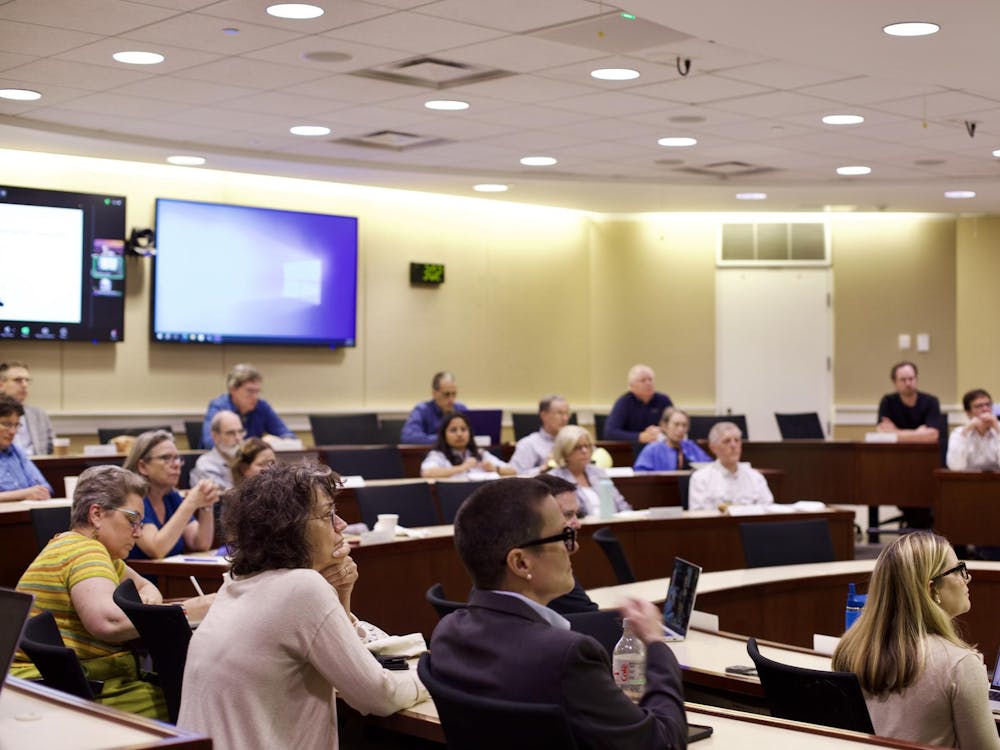The School of Law recently launched its Education Rights Institute, which will work within various districts across the country to help schools better address educational inequalities among disadvantaged students and improve the quality of K-12 education in America.
The Institute, led by Law Professor Kimberly Jenkins Robinson will focus on research surrounding education inequality. Robinson has over 20 years of experience conducting research on the topic of education inequality.
Robinson said her goals for the Institute are threefold — increase scholarship about educational rights and relevant policy reforms, increase education equality while also identifying key components of a high-quality education and point districts towards federal resources that can lessen educational inequality.
“Many students are denied a high quality education — particularly students from low income households and racial minority students — but also other students, whether it's rural students, even many suburban students,” Robinson said. “My work has really focused on innovative ways that law and policy can help address that.”
According to Sarah Beach, Law research professor and Institute fellow, the Institute will primarily be focused on amplifying Robinson’s previous scholarship by releasing research reports starting this January. If funding allows, the Institute may also conduct its own empirical research to fill in gaps in scholarly literature.
Robinson said another goal of the Institute is to publish reports surrounding Title VI of the Civil Rights Act of 1964, which prohibits intentional and discriminatory polices on the basis of race, color and national origin. The aim of these reports will be to inform public school districts of their obligations to protect these rights and direct them toward resources available to help them fulfill this obligation.
Additionally, the Institute will produce a series of short videos, host public events and partner with other like-minded organizations such as the Karsh Center for Law and Democracy to better inform the public of the educational inequalities that persist across the country.
The Institute is largely funded by an anonymous donation of $4.9 million from a philanthropist who heard about Robinson’s scholarship and after asking questions decided Robinson would be able to imporove American education system. Robinson said she proposed the Institute to build upon her previous research into educational inequality.
“We've already crossed the hurdle of the greatest challenge, which is getting $4.9 million in funding,” Robinson said. “So we now have what I believe is generous and provident for funding to do this work.”
Aside from Robinson, the Institute staff consists of three full-time employees, Helen Min and Sarah Beach, Institute fellows and research assistant professors of law, and Director of Programming GeDá Jones Herbert. Herbert said the ERI’s goals for this academic year, saying they will focus on building their toolkit to be fully prepared when entering school districts.
“In the fall of 2024, we'll be starting to work with school districts across the country — so we are not limiting our reach,” Herbert said. “It really is an opportunity for school districts nationwide to gain some support.”
The Institute's Oct. 16 launch event in the Caplin Pavilion featured keynote speaker Na’ilah Suad Nasir, president of the Spencer Foundation — a nonprofit that invests in education research — along with speakers University President James Ryan, School of Law Dean Risa Golobuff and Congresswoman Jennifer McClellan.
Nasir’s speech addressed classroom segregation through the practice of tracking, which is when a school places students who are perceived as having the most potential in advanced classes which often have the most resources available and the most qualified teachers. According to Nasir, this furthers the educational divide between “advanced” students and students who are seen less highly by their teachers.
“A high quality rigorous education is not a privilege to be held for a few but rather is a fundamental basic right that should and must be accorded to everyone as a collective good,” Nasir said. “If we are seeing high quality education as a collective good, then the benefit is also a collective one.”
Robinson also gave a speech at this event explaining that her passion for the Institute is grounded in experience as she herself had to move states to pursue a better education for herself and her older brother.
“I stand before you launching the Education Rights Institute because no family should ever have to move to get a high quality education,” Robinson said.
The program will continue for the foreseeable future, without a limited timeline.
“Until all students in the United States have a high quality education, [the Institute] will continue in this fight,” Herbert said. “We're in this fight for the long haul.”







